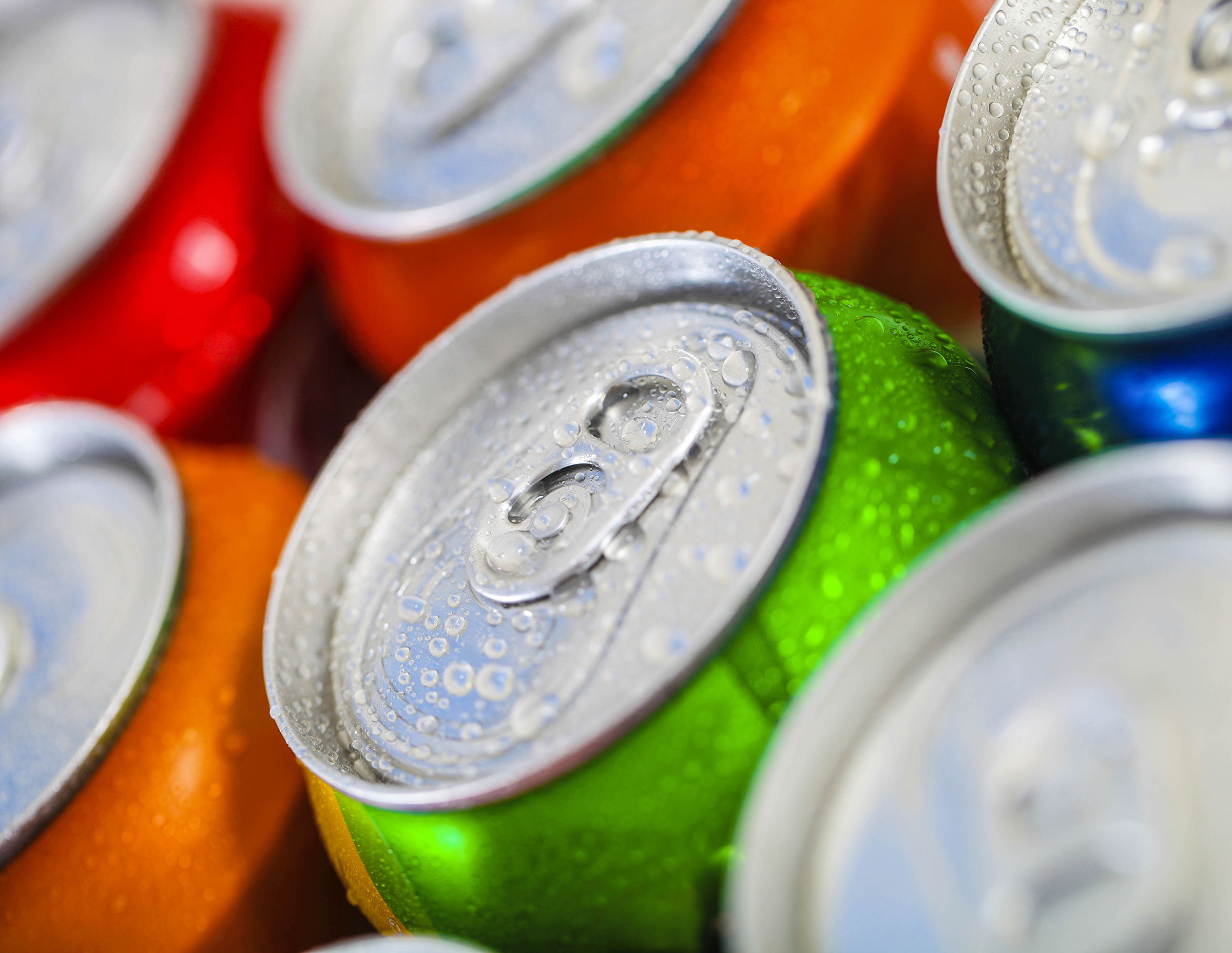When you open a soft drink in West Virginia, you’re helping a future doctor, dentist, nurse or pharmacist in Morgantown.
Since 1951 – when the state Legislature passed the 1-cent soft drink tax – West Virginia University’s School of Medicine has received millions of dollars. This year alone the medical school received nearly $14 million from the tax, almost 10% of its annual $140 million budget.
“It gives us the resources to recruit people,” said Dr. Clay Marsh, executive dean of WVU’s School of Medicine.
Now Gov. Jim Justice wants to do away with West Virginia’s personal income tax, a move that could see the state lose $2.1 billion in revenue. The flip side of the argument is that elimination of the tax could draw more people to West Virginia, the only state to have a declining population since the 1950s.
“Today I submitted my plan to repeal our state personal income tax, putting more money in every West Virginian’s pocket on Day 1,” Justice said in a social media post Thursday. “(West Virginia) is the only state to decline in population over the last 70 years. Our opportunity to change is now,” said Justice, who has been holding meetings with residents across the state to push for the elimination of the tax.
Options for making up the lost revenue have run the gamut from making marijuana legal and taxing it to eliminating all state appropriations to both WVU and Marshall University, increasing the sales tax – and possibly increasing – the portion of the soft drink tax that WVU’s medical school receives to the state’s general revenue fund.
West Virginia’s 2021 fiscal year ends June 30.
History of the tax
The soft drink tax was originally passed by the state to fund the building and the maintenance of the medical school, according to an April 2018 policy brief from the West Virginia Center on Budget & Policy. Prior to the creation of the tax, WVU’s medical school was two years, not four.
The tax, which has never been increased, is an excise tax levied on the sale, use, handling or distribution of bottled soft drinks, syrups and powdered base used for mixing soft drinks. Arkansas, Virginia and Tennessee also have soft drink taxes. According to the WVCBP, revenue from those taxes is to fund programs like Medicaid and litter cleanup and not to reduce the consumption of sugary drinks.
Overall, the soft drink tax generates about $100 million in revenue annually for West Virginia. Besides the penny tax on 16-ounce soft drinks, the tax includes 80 cents on a gallon of soft drink syrup and a 1-cent tax on 28.35 ounces of the dry mixture used to make soft drinks.
Using the money
Between 2016 and 2020, Marsh said, the School of Medicine has used the monies from the tax to recruit more than 600 to its faculty.
During that timeframe, WVU recruited neurosurgeon Ali Rezai from Ohio State. Rezai is the director of the Rockefeller Neuroscience Institute and associate dean, and the John D. Rockefeller IV tenured professor in neuroscience. The other well-known physician who has been recruited to the faculty is Vinay Badhwar who was at the University of Pittsburgh. Badhwar performed the first heart transplant in the state in fall 2019.
“It’s an investment in the university,” Marsh said.
The total 2021 fiscal year budget for the School of Medicine is $137 million. Funds come from tuition and fees, state appropriations and financial support from University Health Associates physician practice plan and the WVU Health System.
TWEET @41SUZANNE




